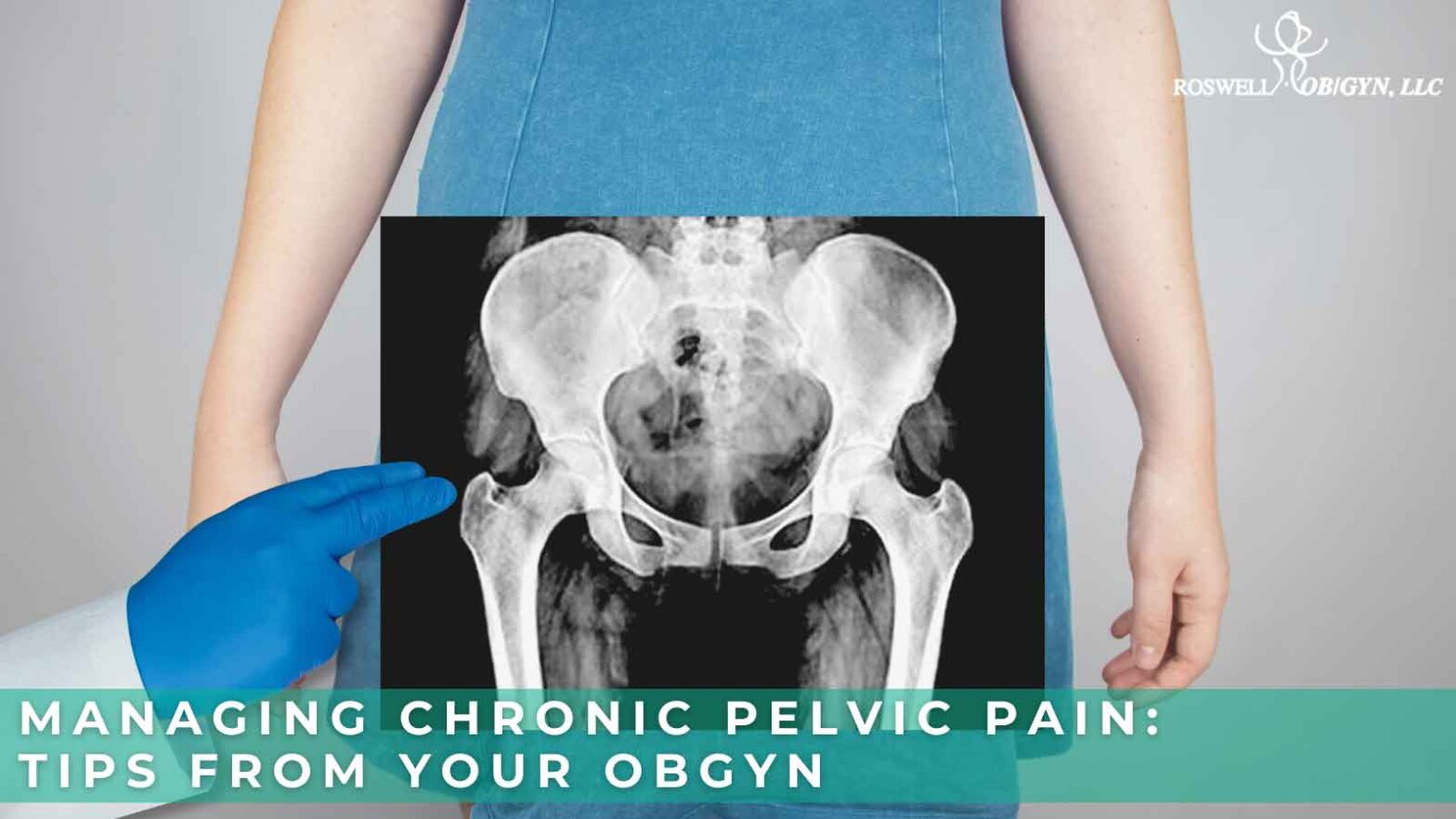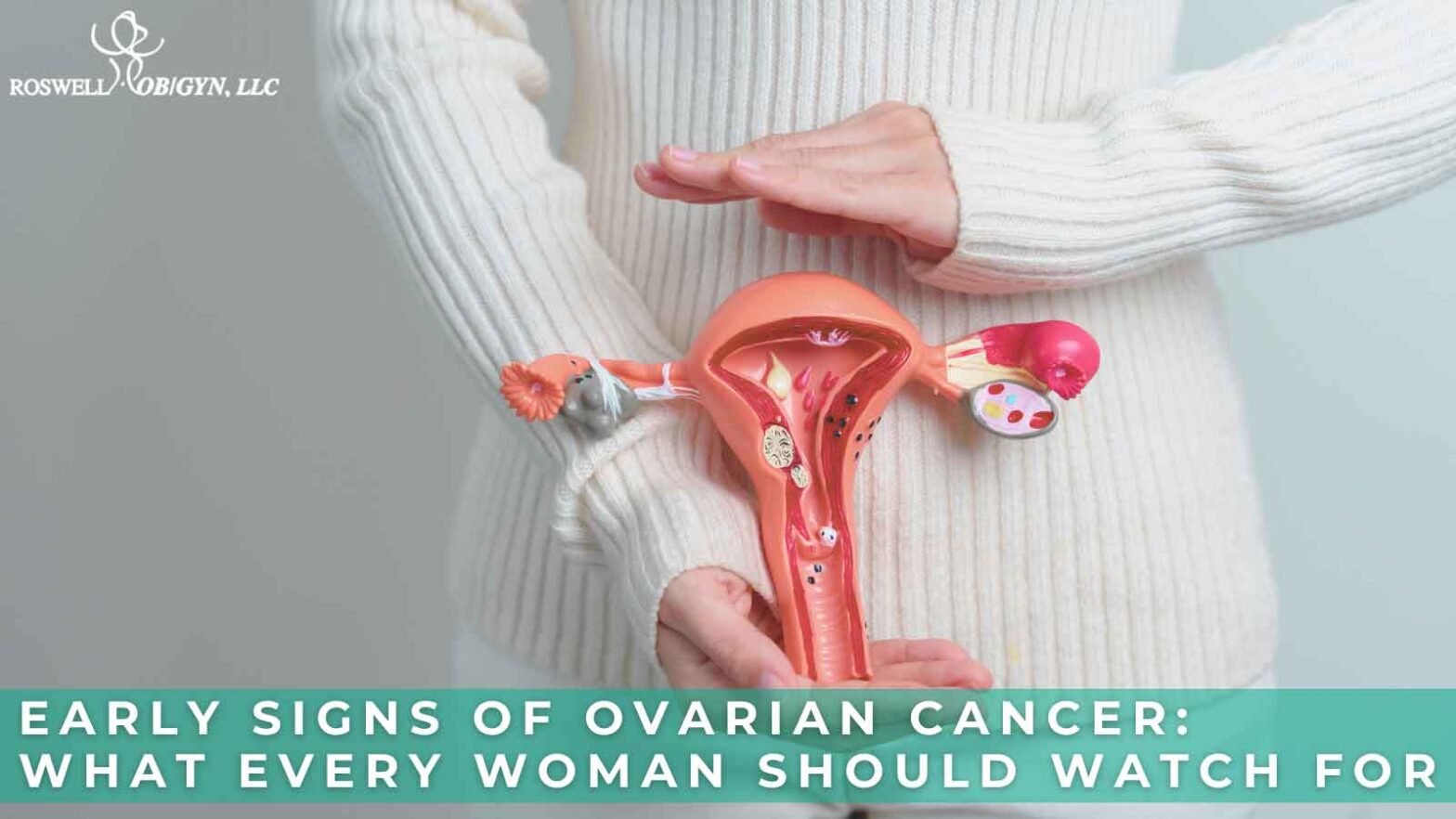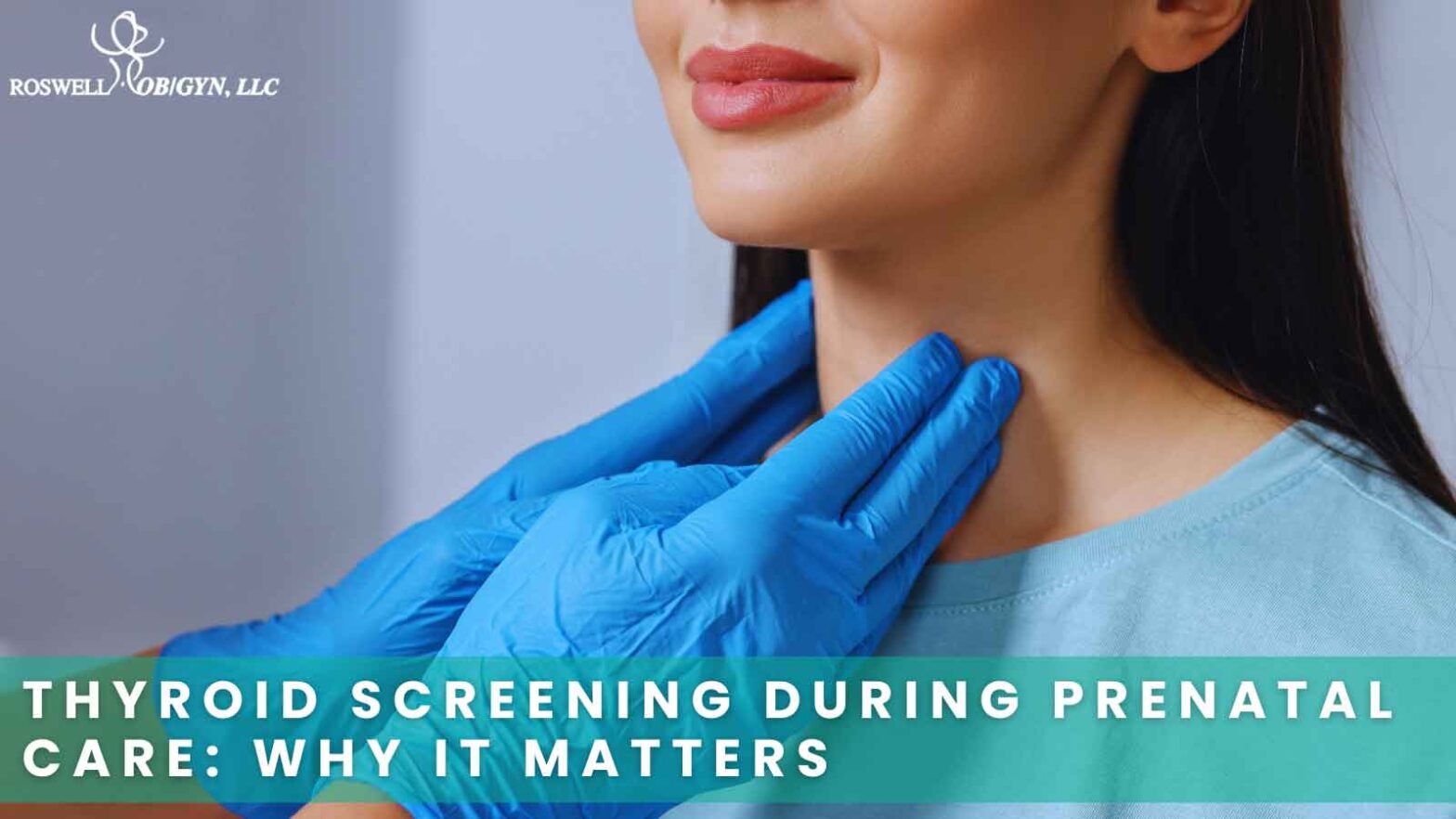A late period can be unsettling, especially when pregnancy isn’t a factor. Your menstrual cycle responds to many influences throughout your body, and understanding the common causes behind irregular periods can help you know when to seek professional guidance. This guide explores 12 reasons your period might be delayed and explains how an OBGYN can […]
Menstrual Irregularities: When to Worry and What to Do
Changes in your menstrual cycle can feel unsettling. You might notice your period arriving earlier than expected, skipping a month entirely, or lasting longer than usual. These shifts are more common than you might think, and understanding when they signal a need for medical evaluation can provide both clarity and peace of mind. Approximately one-third […]
Preparing for Perimenopause: Lifestyle Changes That Help
Perimenopause marks the transitional years before menopause, when your body begins shifting away from its reproductive phase. This period typically begins in your mid-40s but can start earlier for some women. Working with your OBGYN or a menopause specialist helps you understand these changes and develop strategies that minimize discomfort while protecting your long-term health. […]
HPV and Cervical Dysplasia: What Is Your Risk?
Human papillomavirus (HPV) infection is the primary cause of cervical dysplasia, a condition where abnormal cells develop on the cervix. Understanding your personal risk factors helps you take proactive steps to protect your cervical health through routine screenings and preventive measures. Your OBGYN can assess your individual risk and recommend an appropriate screening schedule based […]
The Importance of Chlamydia and Gonorrhea Screening for Young Women
Sexually active young women face higher risks for chlamydia and gonorrhea infections than any other age group. These bacterial infections often develop without noticeable symptoms, making routine STD testing the only reliable way to detect them early. When caught through regular chlamydia screening and gonorrhea screening, both infections respond well to simple antibiotic treatment. Left […]
Understanding Vulvodynia: Causes and Treatment Options
Chronic vulvar pain affects many of us, yet it often goes undiagnosed for years. Vulvodynia is a complex condition characterized by persistent discomfort in the vulvar area (the external part of the genital region) without an identifiable cause like infection or skin disease. If you experience ongoing vulvar discomfort, talking with an OBGYN can help […]
Genetic Counseling Before Pregnancy: Is It Right for You?
Many high-risk pregnancies can be identified before conception through genetic evaluation. Pre-pregnancy planning involves more than taking prenatal vitamins or scheduling doctor visits. Evaluating potential genetic risks early can guide family planning decisions and help ensure a healthier pregnancy. Genetic counseling provides insight into hereditary conditions, carrier status, and reproductive options so you can make […]
Managing Chronic Pelvic Pain: Tips from Your OBGYN
Persistent pelvic pain lasting six months or longer affects many women. Recognizing when symptoms warrant medical attention and understanding available treatment options helps you make informed decisions about your care. Many causes of pelvic pain respond well to early, targeted treatment. Understanding what’s behind your discomfort and working with your OBGYN can help you find […]
Early Signs of Ovarian Cancer: What Every Woman Should Watch For
Understanding your body and recognizing changes in your health allows you to have informed conversations with your healthcare provider about any concerns. Some symptoms associated with ovarian health issues can resemble common digestive discomfort or routine changes, making awareness an essential part of your overall wellness. Your OBGYN partners with you in monitoring your gynecological […]
Thyroid Screening During Prenatal Care: Why It Matters
Your thyroid might be small, but during pregnancy, it takes on a big job. This butterfly-shaped gland helps regulate hormones that support your baby’s brain development, growth, and your own energy and wellbeing. When thyroid function is off balance, it can quietly affect fertility, increase risks during pregnancy, and even impact your baby’s health after […]











